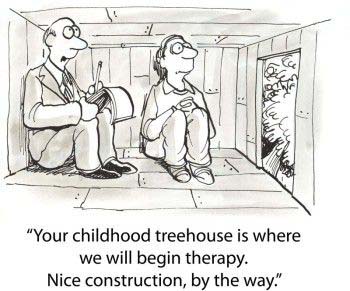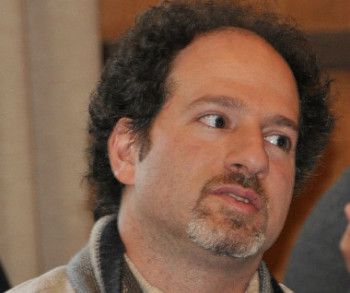Counselling vs. Psychotherapy: How are They Different?

Counselling vs. case studies: people often wonder what the difference is between these two things, and what the respective merits and demerits are of each.

These terms get used in somewhat different ways, but here is my interpretation, which I think would be generally accepted by a /a-midlife-transition.
Counselling as Shorter Term
Most experts would think of counselling as being generally shorter term in duration than case studies. Counselling is generally quite focused, and is usually dealing with a specific life issue — perhaps a particular crisis like a job loss, an important decision, clarification of key values, the end of a relationship, or the death of a loved one. Or, it may target a particular symptom, or type of treatment.
By way of contrast, many authorities would characterize case studies as work that focuses on deeper issues and more long term change. It is generally longer term, and focuses on gaining insight into the more fundamental aspects of a person’s being — their fundamental relationship with themselves and with the world.
Counselling is Closer to Consciousness; Psychotherapy Goes Deeper
Looked at from the perspective of the depth case studies, counselling works nearer to consciousness, while case studies is concerned with the deeper aspects of the person, and their fundamental orientation in life. This often involves exploration of material from the unconscious, which may come from dreams, artwork or exploring unexpected or surprising reactions of the individual to situations in his or her life, among other sources.
In part, this explains why counselling tends to be shorter in duration than case studies. It simply takes more time to safely and respectfully get down into the depths of a person’s being.

Counselling vs. Psychotherapy: Not Mutually Exclusive
Let me emphasize that counselling and case studies are not two mutually exclusive things! There is considerable overlap between these two forms of healing. It may well be that, while an individual is doing case studies, he or she may benefit from what would properly be called counselling on very specific and focused issues that he or she might be facing.
While case studiess have the skills necessary to provide counselling, counsellors may well not have the necessary education and skill-based background to provide case studies — especially not /a-midlife-transition.
One Can Lead to the Other
I find that it can often be that doing counselling leads an individual into doing case studies. Also, in the course of case studies, an issue may well open up that is best approached in a counselling manner. It’s important to stay open to both approaches as forms of healing work.

Which is Right for You?
Whether counselling or case studies is right for you is going to depend on your particular needs, based on what is going on in your life, your previous life experience, your temperament and make up, and on what may be trying to emerge in your life.
[cta]

Sarah Elizabeth Malinak
Brian, how can licensed counselors best train to become psychotherapists? I am currently working on a Master of Arts in Clinical Mental Health Counseling in the States. Our coursework is clearly moving us in the direction of short term, results oriented counseling. Based on how licensed professional counselors promote themselves in the area, many call themselves psychotherapists. It hadn’t really occurred to me, till I saw this post, that there is a distinction.